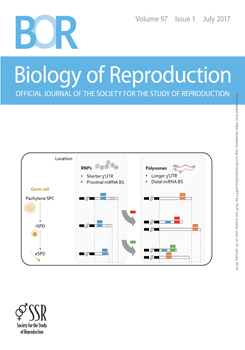Introduction: Pre-eclampsia is associated with increased risk of subsequent cardiovascular and metabolic disease in the affected mothers. While aberrant inflammation contributes to the pathophysiology of pre-eclampsia, it is unclear whether maternal inflammation contributes to the increased risk of disease. Here, we determined the effect of aberrant inflammation in pregnancy on cardiovascular and metabolic disease risk factors.
Methods: Wistar rats were administered low doses of lipopolysaccharide (LPS) on gestational days (GD) 13.5–16.5 to induce inflammation. Controls included pregnant rats treated with saline and nonpregnant rats treated with LPS or saline. We previously showed that LPS-treated pregnant rats exhibit key features of pre-eclampsia. Echocardiographic parameters, heart weight, blood pressure, blood lipids, pulse-wave velocity, and glucose tolerance, were assessed at 16 weeks postpartum. Messenger RNA levels of transcription factors associated with cardiac growth were measured in left ventricular tissue; histone modifications and global DNA methylation were determined in hearts and livers at GD 17.5 and at 16 weeks postpartum.
Results: Compared with saline-treated pregnant rats and nonpregnant rats treated with LPS or saline, LPS-treated pregnant rats exhibited left ventricular hypertrophy and increased blood cholesterol and low-density lipoprotein levels at 16 weeks postdelivery. LPS-treated rats had increased left ventricular mRNA levels of hypertrophy-associated transcription factors at GD 17.5 and increased levels of modified histones in hearts and livers at GD 17.5 and 16 weeks postpartum. Other parameters remained unchanged.
Conclusion: Aberrant inflammation during pregnancy results in persistent alterations in maternal physiological parameters and epigenetic modifications that could contribute to the pathophysiology of cardiovascular disease.
Summary Sentence
Abnormal inflammation during rat pregnancy leads to persistence of maternal risk factors for cardiovascular disease, including left ventricular hypertrophy and increased levels of cholesterol and low-density lipoprotein.





